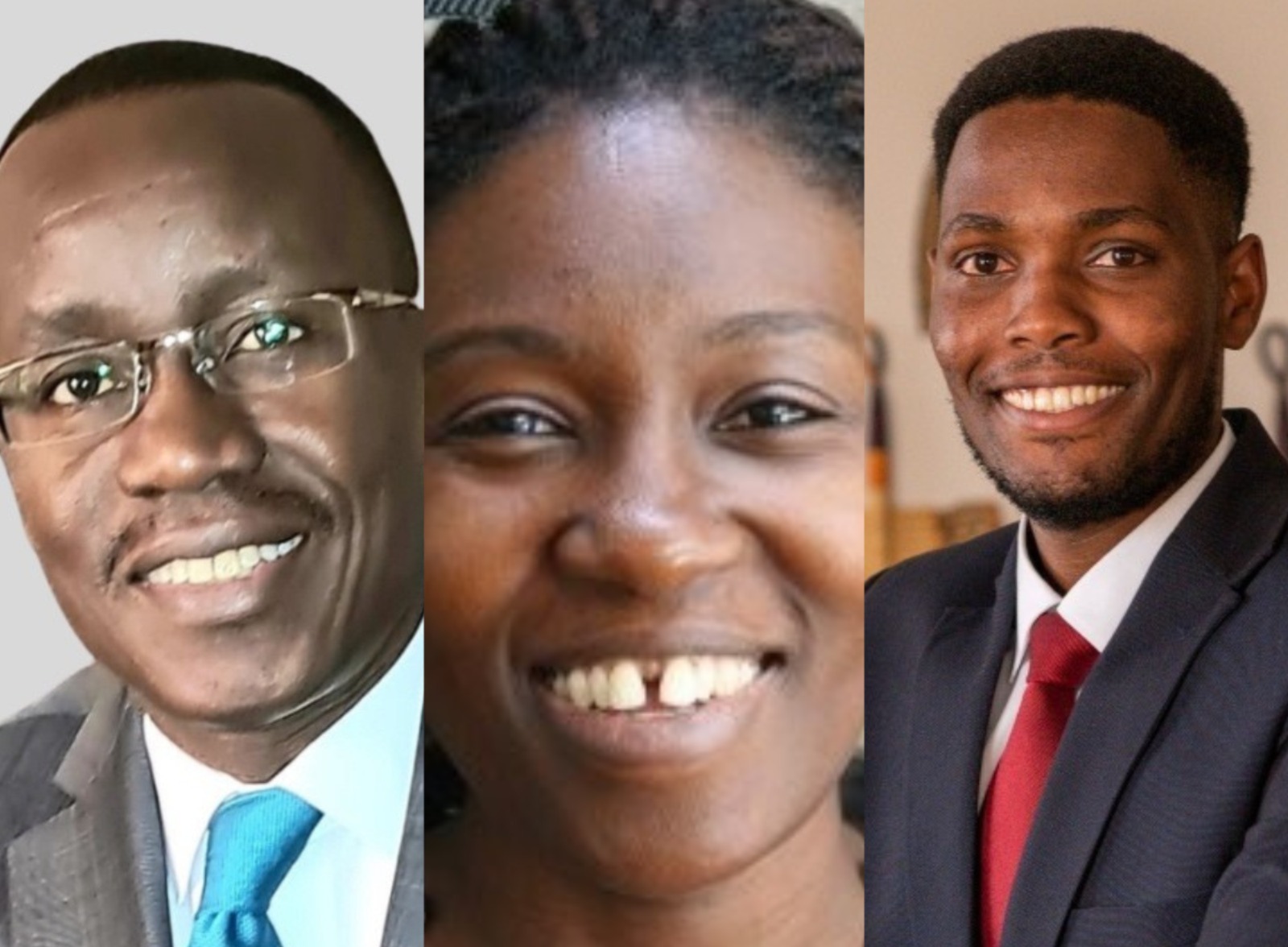

Joseph Sunday from Unilever West & East Africa, Hadijah Nannyomo from Ernest and Young (EY) and Billy Msagha from The Foreign, Commonwealth and Development Office.
We are living through
a decade of transformation. As the climate and health crisis
escalates and social inequality worsens, we must all urgently
accelerate action to meet the 2030 deadline of the United Nations’
Sustainable Development Goals (SDGs).
Everyone has a role to play in meeting them, we need new types of finance, new types of systems and to tap into expertise and innovation to turbo-charge inclusive development opportunities.
Localisation is an important part of how we achieve sustainable development. To localise the SDGs, we need to go above and beyond getting funding to local leaders and communities. We need to shift power to drive more inclusive, needs-driven, local-level responses to the global challenges we are facing.
Global impact
accelerator, TRANSFORM, was founded in 2015 and is led from the UK by
Unilever, the UK Government’s Foreign, Commonwealth and Development
Office and EY, and scales solutions coming from innovators across
Africa and Asia.
Today, as three leaders from those organisations based in Kenya, we are spotlighting what can be achieved by moving decision-making from the Global North into the hands of the people, organizations, and institutions that are driving change in their own countries and communities.
In late 2023, our organisations - Unilever, British High Commission Nairobi and EY worked together locally for the first time to run an open call in East Africa to identify new enterprises to receive funding and business support.
The whole process was conducted in the region, putting decision-making in our hands. The British High Commission promoted the challenge through its collaboration with the Association of Countrywide Impact Hubs, a platform that brings together innovation hubs, tech startups, and ecosystem enablers across Africa Meanwhile, Unilever and EY activated their network of employees to refer applicants.
We’ve seen three
main benefits to shifting power:
Leveraging local insight
One
of the ways is Leveraging
local insight. Those
operating in the country or market have local insight and knowledge, meaning we can grasp the true needs and aspirations of the
community.
Because of this, we have been able to select Five Kenyan start-ups to receive Sh81 million in funding, out of 1,500 applicants in an open call for innovative solutions to social and environmental issues, that may not otherwise be known to colleagues in the UK.
For example, Gwiji improves livelihoods by digitally connecting cleaners to jobs. Gwiji aims to support over 10,000 women from low-income communities in Nairobi and increase their daily earnings.
Adaptability and
responsiveness
Other benefits
of shifting power are
adaptability
and responsiveness. As
funding and business support are delivered to enterprises we have
chosen, we are able to offer swift and effective responses to
emerging developments, which means TRANSFORM has much greater
flexibility and opportunity to support in the best way that suits the
enterprise.
Long-lasting
relationships
A core aim of
TRANSFORM is to incubate, catalyse and help scale transformative
market-based solutions to global challenges. The accelerator offers a
unique combination of funding and business support from EY and
Unilever.
Leading the programme
in the country means relationships between enterprises and those offering
business advice can continue to flourish after funding through
TRANSFORM has ended.
An interesting
example of this has taken place in India where TRANSFORM enterprise,
Hasiru Dala’s recycled plastic is now being incorporated into
Unilever’s supply chains, with its Sunsilk shampoo now using 50% of
recycled plastic.
This would have never
happened without local stakeholders at Unilever HUL who were able to
see the value and agree on a longer-term relationship – driving global
transformation from the ground up.
TRANSFORM will continue unlocking local opportunities through its in-country leads, who are running locally driven selection panels in Southern and West Africa.
For us, it’s clear that we cannot achieve the UN's SDGs and limit global warming to 1.5°C above pre-industrial levels without radical rethinking of systems and shifting of power that support and enable innovators to scale solutions that work and challenge systems.
How can more global organisations shift the power to progress the localisation of the SDGs?
Joseph Sunday from Unilever West & East Africa, Hadijah Nannyomo from Ernest and Young (EY) and Billy Msagha from The Foreign, Commonwealth and Development Office.


 © The Star 2024. All rights reserved
© The Star 2024. All rights reserved